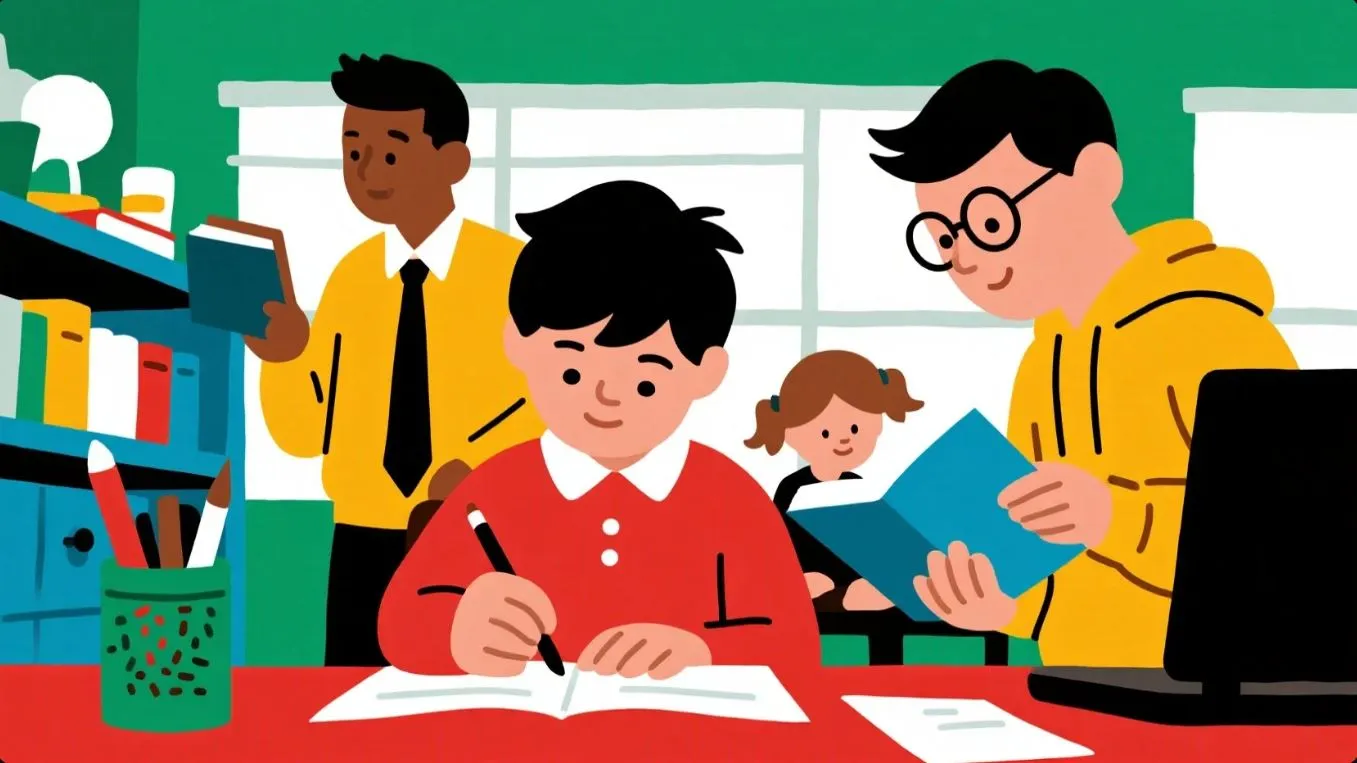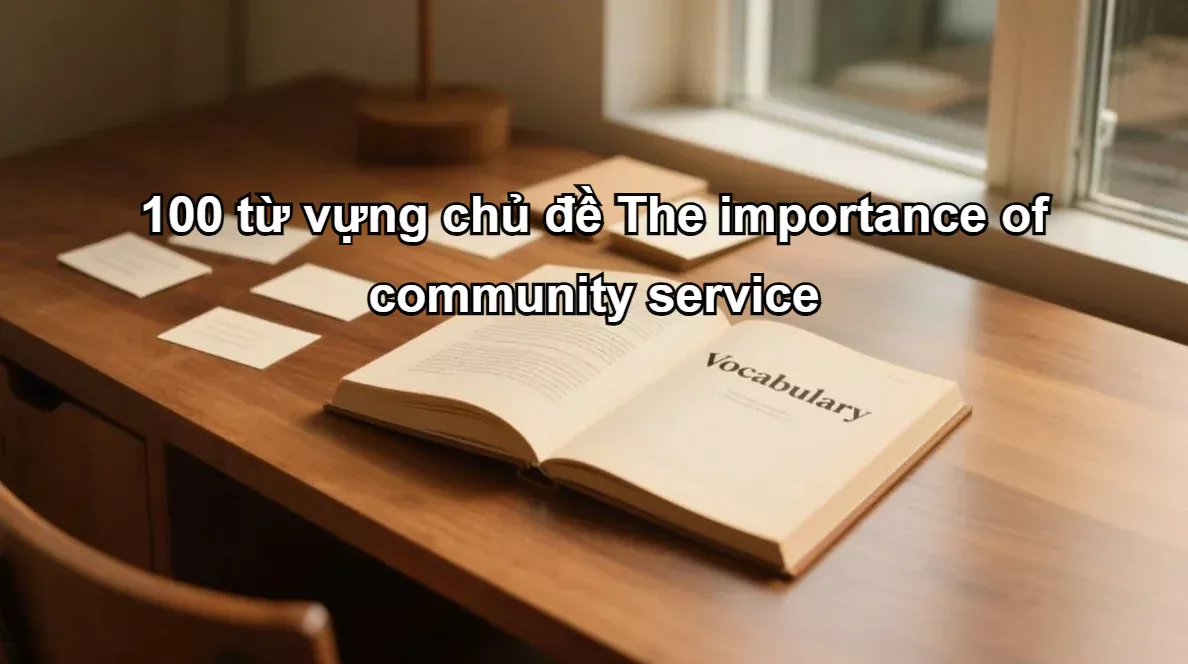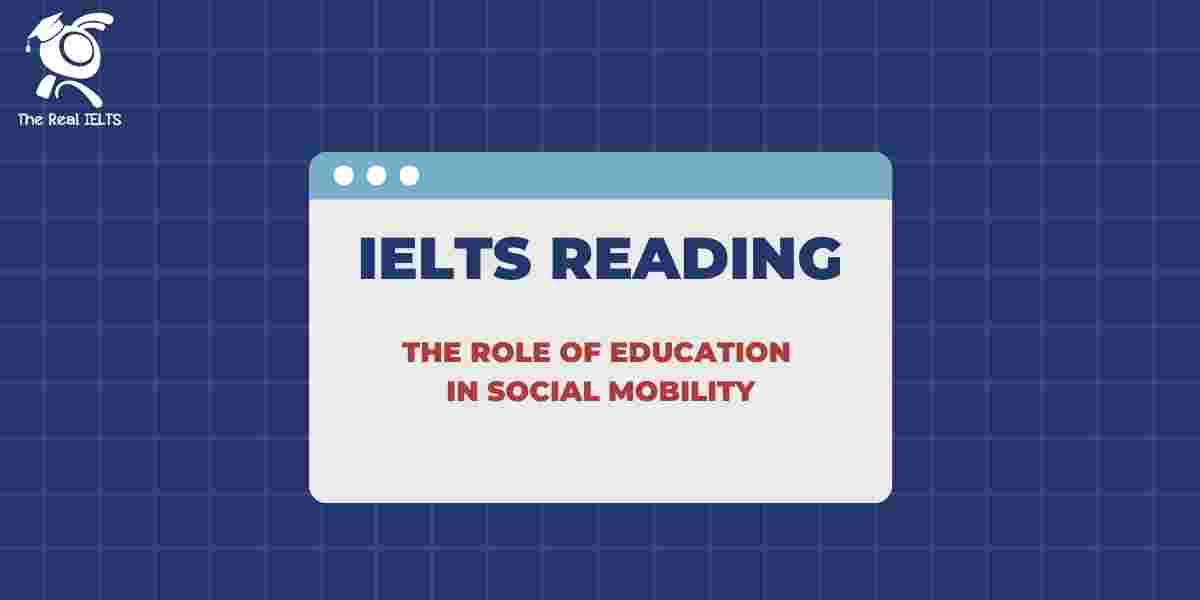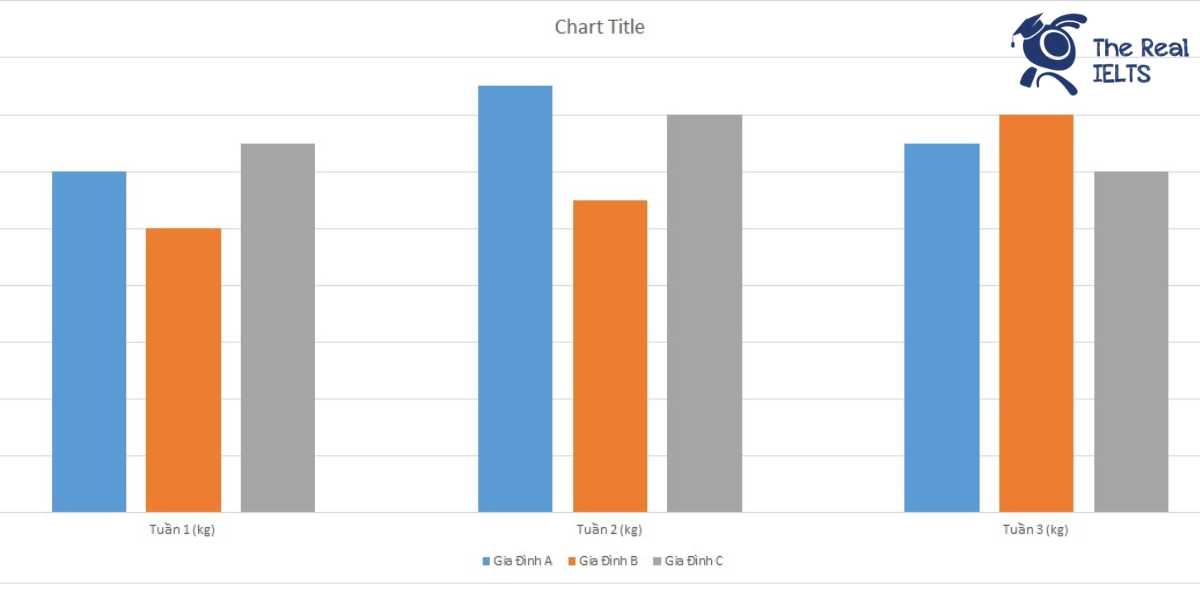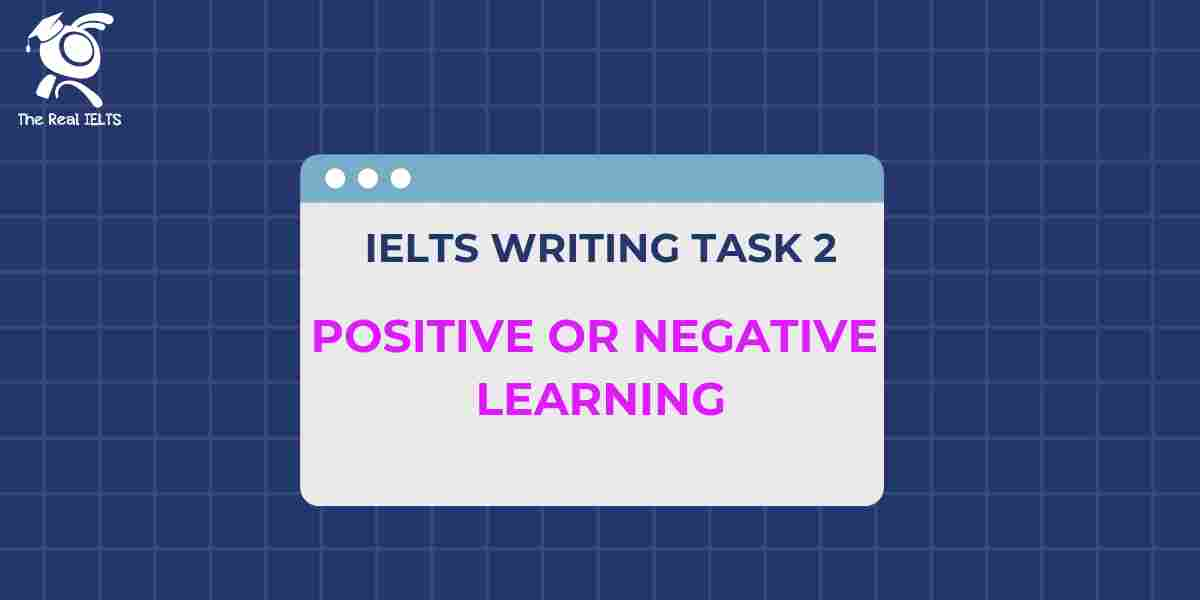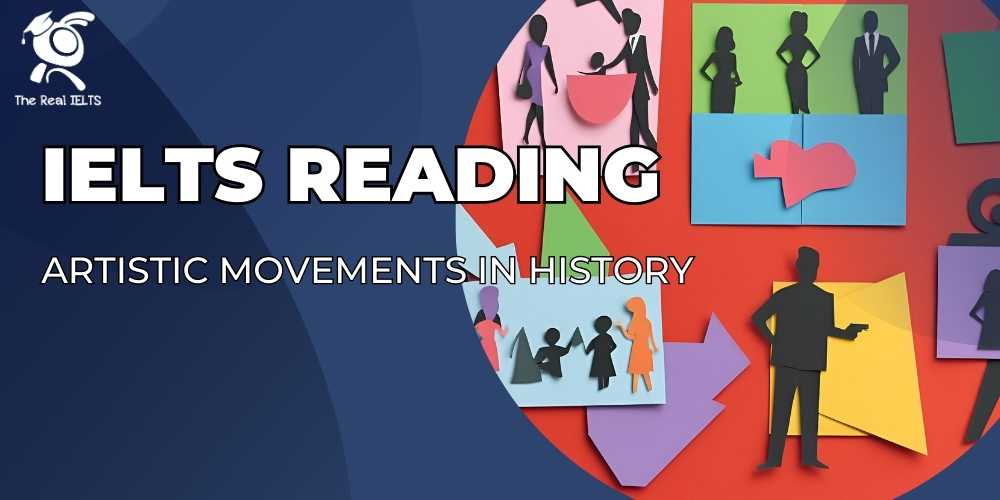100 ví dụ hỏi và trả lời về học tập
Đọc thêm: 101 Bài Tiếng Anh Giao Tiếp Cơ Bản Full
Study Habits
- Q: How do you stay focused while studying?
A: I eliminate distractions by turning off my phone and using a quiet study space. - Q: What’s your favorite study technique?
A: I use the Pomodoro technique, studying for 25 minutes and taking 5-minute breaks. - Q: How often do you review your notes?
A: I review my notes weekly to reinforce what I’ve learned. - Q: What time of day do you study best?
A: I’m most productive in the morning when my mind is fresh. - Q: How do you organize your study materials?
A: I keep digital notes in folders and use color-coded binders for physical materials. - Q: What’s one bad study habit you want to change?
A: I want to stop procrastinating by starting assignments earlier. - Q: How do you avoid burnout while studying?
A: I take regular breaks and ensure I get enough sleep. - Q: What’s your strategy for studying long hours?
A: I break my study sessions into smaller chunks and reward myself after each one. - Q: Do you prefer studying alone or with others?
A: I prefer studying alone for focus but join study groups for discussions. - Q: How do you make studying more enjoyable?
A: I listen to instrumental music and use colorful pens to make notes fun.
Academic Goals
- Q: What’s your main academic goal this year?
A: I want to achieve a GPA of 3.8 or higher. - Q: How do you plan to improve your grades?
A: I’ll attend extra classes and ask teachers for feedback. - Q: What’s a subject you want to excel in?
A: I want to master mathematics by practicing daily. - Q: Do you have a goal to complete a course?
A: Yes, I’m aiming to finish an online coding course by summer. - Q: What’s a long-term academic goal you have?
A: I want to earn a master’s degree in environmental science. - Q: How do you stay motivated for academic success?
A: I remind myself of my dream career and set small milestones. - Q: What’s a short-term academic goal you’re working on?
A: I want to improve my essay-writing skills this semester. - Q: Do you plan to study abroad?
A: Yes, I’m aiming to study in the UK for a semester. - Q: How do you measure academic progress?
A: I track my grades and compare them to my previous performance. - Q: What’s a scholarship you want to apply for?
A: I’m preparing to apply for a merit-based scholarship next month.
Learning Skills
- Q: What’s a new skill you want to learn?
A: I want to learn how to code in Python. - Q: How do you improve your reading speed?
A: I practice speed-reading techniques and avoid subvocalizing. - Q: What’s a way you enhance your memory?
A: I use mnemonics and flashcards to memorize information. - Q: How do you improve your critical thinking?
A: I analyze case studies and engage in debates. - Q: What’s a language you want to learn?
A: I’m studying French to become fluent in two years. - Q: How do you practice problem-solving skills?
A: I solve puzzles and work on math problems regularly. - Q: What’s a study tool you find helpful?
A: I use apps like Quizlet for interactive learning. - Q: How do you improve your writing skills?
A: I write daily and seek feedback from peers. - Q: What’s a skill you want to master for exams?
A: I want to get better at time management during tests. - Q: How do you learn from mistakes in studies?
A: I review my errors and understand where I went wrong.
Study Environment
- Q: Where do you study most effectively?
A: I study best in a quiet library with good lighting. - Q: How do you create a productive study space?
A: I keep my desk clutter-free and use ergonomic furniture. - Q: Do you use technology while studying?
A: Yes, I use a laptop for research and note-taking apps. - Q: What’s one thing you avoid while studying?
A: I avoid social media to stay focused. - Q: How do you manage noise while studying?
A: I use noise-canceling headphones or study in a quiet room. - Q: What’s your ideal study setup?
A: A clean desk, a comfortable chair, and natural light. - Q: Do you study with music or in silence?
A: I prefer soft classical music to help me concentrate. - Q: How do you keep your study area organized?
A: I use organizers for pens and files, and tidy up daily. - Q: What’s a distraction you’ve overcome?
A: I’ve learned to ignore notifications by silencing my phone. - Q: How do you ensure a comfortable study environment?
A: I adjust my chair and take breaks to avoid fatigue.
Time Management
- Q: How do you prioritize your study tasks?
A: I make a to-do list and tackle high-priority tasks first. - Q: What’s your strategy for meeting deadlines?
A: I break tasks into smaller steps and set early deadlines. - Q: How do you balance studying with other responsibilities?
A: I use a weekly planner to allocate time for each activity. - Q: What’s a time management tool you use?
A: I use Google Calendar to schedule my study sessions. - Q: How do you avoid procrastination?
A: I start with small tasks to build momentum. - Q: What’s a goal for improving time management?
A: I want to finish assignments two days before they’re due. - Q: How do you handle last-minute study sessions?
A: I focus on key topics and use summaries for quick review. - Q: What’s a time-saving study hack you use?
A: I summarize notes into bullet points for faster revision. - Q: How do you plan your study schedule?
A: I plan weekly, reserving specific hours for each subject. - Q: What’s one way you’ll improve your study efficiency?
A: I’ll use active recall instead of passive rereading.
Motivation and Mindset
- Q: What motivates you to study hard?
A: My dream of becoming a doctor keeps me driven. - Q: How do you stay positive during tough study periods?
A: I remind myself of past successes and take it one step at a time. - Q: What’s a quote that inspires your studies?
A: “The only limit to our realization of tomorrow is our doubts of today.” - Q: How do you handle study setbacks?
A: I treat failures as learning opportunities and keep going. - Q: What’s a reward you give yourself for studying?
A: I treat myself to a favorite snack after a productive session. - Q: How do you overcome a lack of motivation?
A: I visualize my goals and start with an easy task. - Q: What’s a mindset you want to develop for studying?
A: I want to adopt a growth mindset and embrace challenges. - Q: How do you stay disciplined with studying?
A: I stick to a routine and avoid distractions. - Q: What’s a way you boost your confidence in studies?
A: I celebrate small achievements, like mastering a topic. - Q: How do you stay committed to your study goals?
A: I review my goals regularly and track my progress.
Exam Preparation
- Q: How do you prepare for exams?
A: I create a study schedule and practice past papers. - Q: What’s a technique you use to memorize facts?
A: I use the spaced repetition method with flashcards. - Q: How do you stay calm during exams?
A: I practice deep breathing and focus on one question at a time. - Q: What’s a goal you have for exam performance?
A: I want to score above 90% in my math exam. - Q: How do you review for a big test?
A: I summarize key points and teach them to a friend. - Q: What’s one thing you avoid before an exam?
A: I avoid cramming all night and get enough sleep. - Q: How do you manage exam stress?
A: I exercise regularly and practice mindfulness. - Q: What’s a resource you use for exam prep?
A: I use online platforms like Khan Academy for practice. - Q: How do you improve your test-taking skills?
A: I practice timed mock exams to build speed. - Q: What’s a habit you follow on exam day?
A: I eat a healthy breakfast and arrive early.
Learning Resources
- Q: What’s a book you recommend for studying?
A: “Atomic Habits” helps me build better study routines. - Q: Do you use online courses for learning?
A: Yes, I take courses on Coursera to expand my knowledge. - Q: What’s a study app you find useful?
A: Notion helps me organize my notes and tasks. - Q: How do you find reliable study resources?
A: I check academic websites and ask teachers for recommendations. - Q: What’s a free resource you use for learning?
A: I use YouTube tutorials for difficult subjects. - Q: Do you prefer physical or digital study materials?
A: I prefer digital for easy access and searching. - Q: What’s a tool you use for group study?
A: Google Docs for collaborative note-taking. - Q: How do you stay updated with new study methods?
A: I follow educational blogs and podcasts. - Q: What’s a resource you want to explore?
A: I want to try using Anki for spaced repetition. - Q: How do you choose study materials?
A: I pick materials aligned with my syllabus and goals.
Collaboration and Support
- Q: Do you study with a group or alone?
A: I study alone for focus but join groups for discussions. - Q: How do you benefit from study groups?
A: They help me understand different perspectives and clarify doubts. - Q: What’s a way you help classmates with studies?
A: I share my notes and explain difficult concepts. - Q: How do you ask for help with studies?
A: I approach teachers or peers with specific questions. - Q: What’s a goal for collaborating with others?
A: I want to lead a study group this semester. - Q: How do you stay motivated in a study group?
A: I set group goals and encourage accountability. - Q: What’s a way you support friends’ studies?
A: I quiz them on key topics before exams. - Q: Do you use tutoring services?
A: Yes, I attend tutoring sessions for challenging subjects. - Q: How do you give feedback on group projects?
A: I offer constructive suggestions and focus on teamwork. - Q: What’s a way you learn from others?
A: I listen to their study tips and adapt what works for me.
Long-Term Learning Goals
- Q: What’s a subject you want to master?
A: I want to become an expert in data science. - Q: How do you plan to continue learning after school?
A: I’ll take online courses and attend workshops. - Q: What’s a career-related skill you want to learn?
A: I want to learn project management for my future job. - Q: Do you have a goal to teach others?
A: Yes, I want to tutor students in math. - Q: What’s a lifelong learning goal you have?
A: I want to learn something new every year, like a language or skill. - Q: How do you stay curious about learning?
A: I explore topics outside my comfort zone. - Q: What’s a degree or certification you aim for?
A: I want to earn a PhD in psychology. - Q: How do you plan to apply your knowledge?
A: I’ll use my skills to solve real-world problems in my field. - Q: What’s a learning goal for the next decade?
A: I want to become fluent in three languages. - Q: Why is lifelong learning important to you?
A: It keeps my mind sharp and opens new opportunities.


